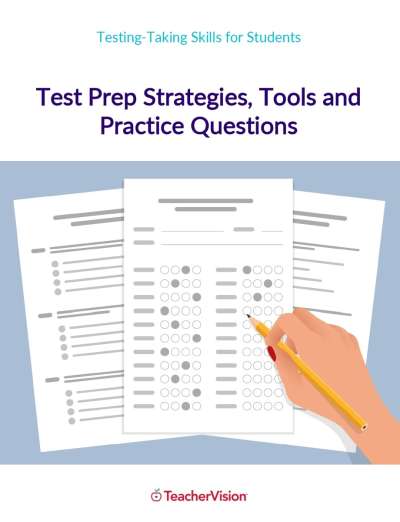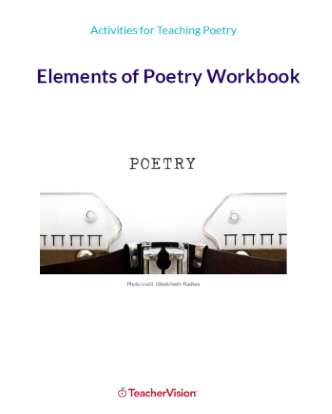NSTA Recommends Interdisciplinary Connections
Grades 5-8
Provided by the National Science Teachers Association.
The following are excerpts from NTSA Recommends book reviews.
Event-Based Science Modules
by Russell G. WrightFire!
Reviewed by Suzanne Drummer Materials Evaluation Coordinator
Fire! is the newest publication in the Event-Based Science series; it focuses on the Yellowstone National Park disaster of 1988. This module engages students in a five-week study of the chemical nature of fire and its ecological effects. The text is easy to read and contains features that will interest middle schoolers, including interviews with real students who were forced to evacuate their homes during the fire. The short instructional text material and hands-on science activities help teams gather additional data. This unit provides a good introduction to matter, chemical reactions, and the ecological principles of diversity, habitat, and succession.
The unit also provides four interdisciplinary activities that incorporate social studies, English, and mathematics. These activities help supply the information that teams need to complete their task. The teacher's guide correlates each activity to the appropriate National Science Education Standards; summarizes learning objectives; and provides instructions, a schedule of activities, and a list of materials. There are authentic assessments, rubrics for the activities, and a comprehensive writing assignment that includes a peer response and self-assessment.
Flood!
Reviewed by Patricia Voegler Business Administrator
Flood! An Event-Based Science Module is part of an innovative learning module series that includes a video, a student text, and a teacher edition. The video is an excellent depiction of the cruel reality of floods. It includes live footage of various floods that have affected the United States, as well as portraits of victims and survivors. The video also includes safety tips and examples of how scientists and meteorologists predict floods before they strike.
This series would be appropriate for grades 7 and higher due to the graphic video content and subject matter, although elements of the module are suitable for younger students. This excellent and fascinating module could be the basis for an integrated unit on floods.
Hurricane!
Reviewed by Geraldine Waller Middle School Teacher
Hurricane! An Event-Based Science Module capitalizes on the universal interest in the weather and natural disasters to teach meteorology. Using the tremendous energy generated by Hurricane Andrew as an example, students work in cooperative groups to study concepts associated with meteorology.
As with other modules in the excellent Event-Based Science series, the lesson begins with a video presentation of an actual event. Hurricane Andrew’s progress is shown through weathercasts given by a Miami television station over an interval of several days. After this introduction, students work in teams to build their learning over a four-week period. Team members are assigned specific, interdisciplinary tasks that are all tied to a final newspaper product.
Tornado!
Reviewed by Kathie Owens Assistant Professor
Tornado! follows the innovative Event-Based Science model, which begins with news coverage of a real event and culminates with student teams completing an authentic task related to the event.
This module focuses on a tornado that destroyed Piedmont, Alabama in 1994. A three-minute news broadcast and newspaper articles give students background coverage of the event. Next, the class is divided into teams, whose members role-play forecasters deciding when and how to alert the public of an impending tornado. Embedded in the module are science activities and discovery files designed to provide background information and answer science-related questions.
The teacher’s guide is so detailed and helpful that, in my opinion, even the timid teacher will feel comfortable using this module. The high interest of the topic, the student interaction method, and the connection to the real world make Tornado! a must for the middle school earth science class.
Toxic Leak!
Reviewed by Jacqueline Pfeiffer Elementary School Teacher
What is our most priceless resource? Water. Where do you get your water, and could it be contaminated? With students playing the roles of concerned citizens in a small community where leaking gasoline storage tanks have contaminated the groundwater, Toxic Leak! An Event-Based Science Module is exciting from start to finish.
The module features a video, student guide, and teacher’s manual focusing on true stories of contaminated groundwater. The video features actual footage of news coverage of groundwater contamination events in Charlestown, Maryland, and Paw Creek, North Carolina. Along with newspaper articles, the video kicks off an inquiry-based, student-centered, interdisciplinary study of groundwater, pollution, soils, and geology, which will motivate even the most reluctant science students.
Included in the teacher’s guide are all activities and explanations, lists of materials needed, and scoring rubrics, along with problems and variables that may be encountered as the unit progresses. A section on interdisciplinary activities written by teachers of math, social studies, and language arts is also included.
Volcano!
Reviewed by Donald Logsdon Jr. Core Adjunct Professor
Science should be the most exciting and interesting subject in school. However, many students find science difficult and boring, and develop a lifelong aversion to the subject. A major reason for this is the way science is often taught, with a heavy focus on vocabulary and difficult concepts. This situation is remedied with the excellent Event-Based Science series of modules. The geology module Volcano! sparks students to rediscover the excitement of science.
The module consists of a video of the eruption of Mt. Pinatubo in the Philippines, a student guide, and a teacher’s guide. The class begins by watching the video and reading newspaper accounts of the eruption. The students are then grouped into teams that assume roles in a media-production company. Teams are assigned to develop a public information campaign to inform middle school students about volcanoes. Over a six-week period, teams complete six science activities and four interdisciplinary activities involving math, social studies, technology education, and writing. Finally, the teams are tasked with a performance assessment.











